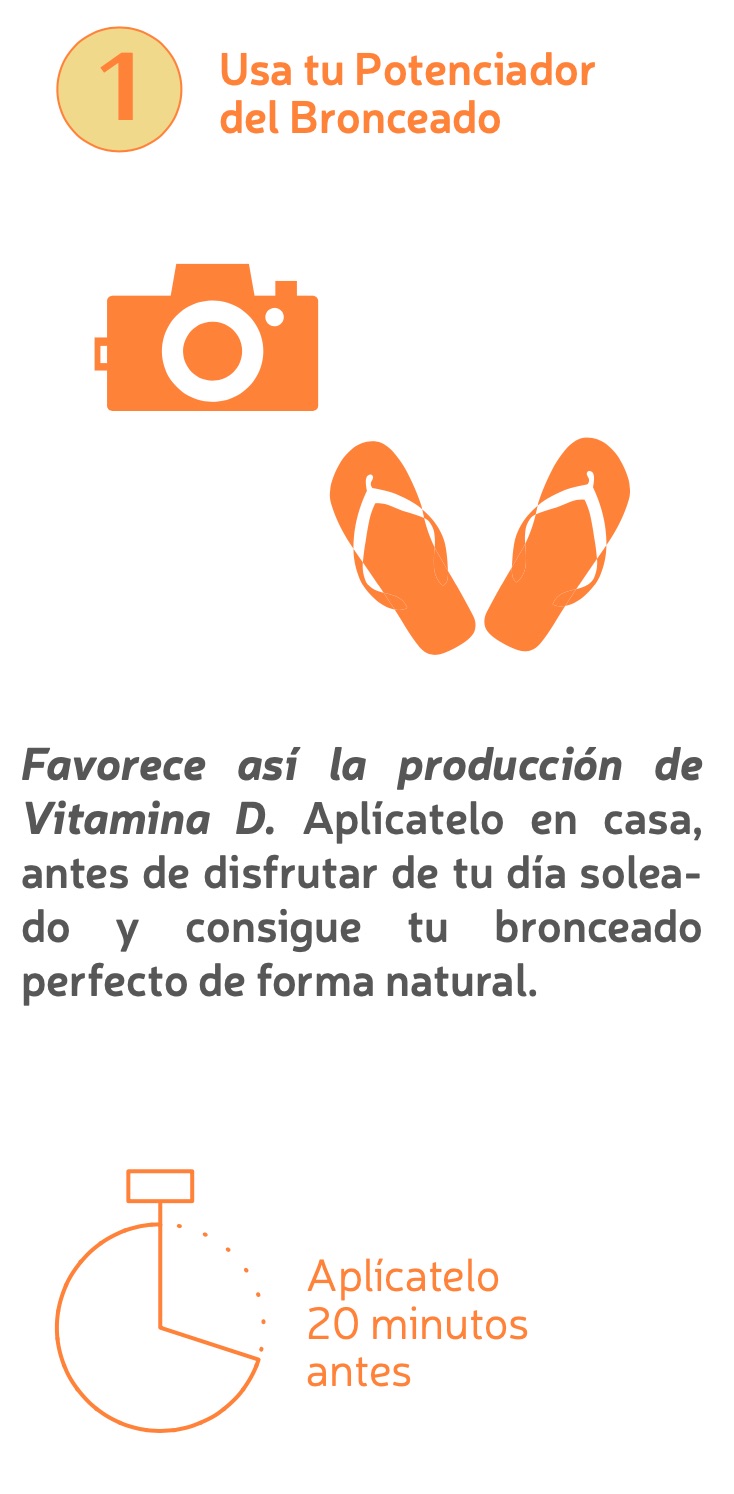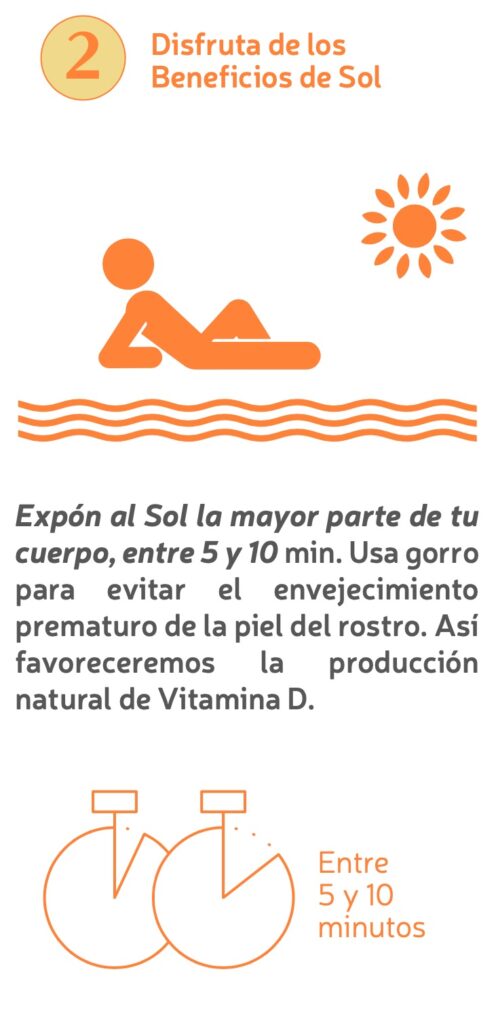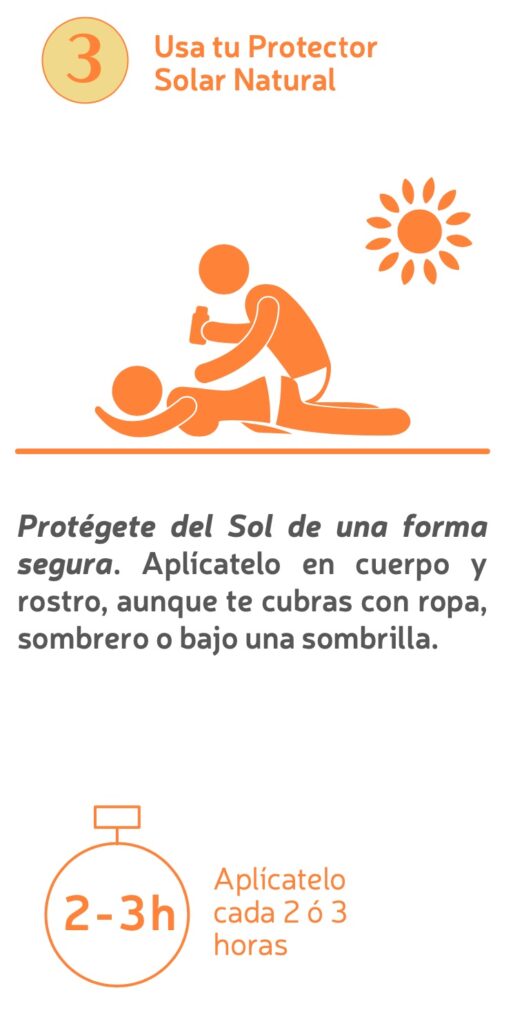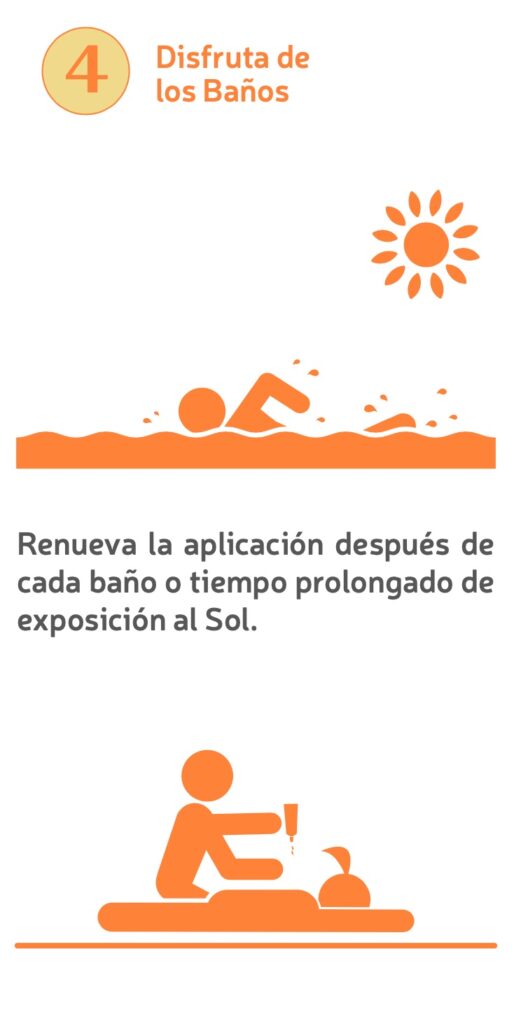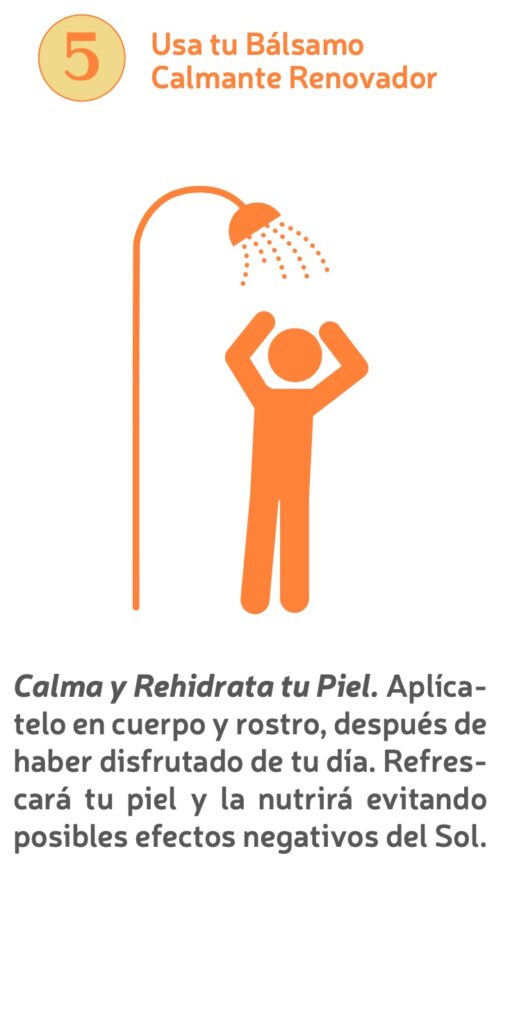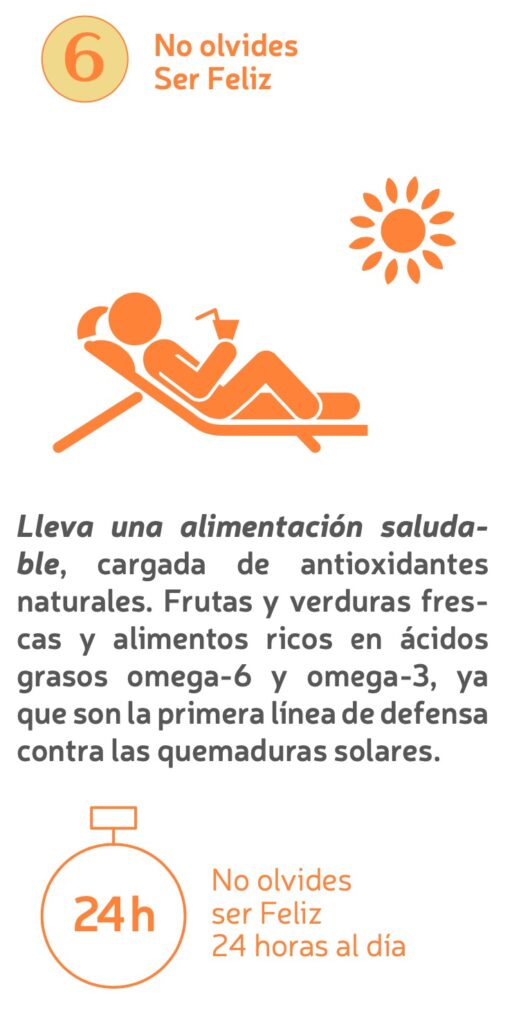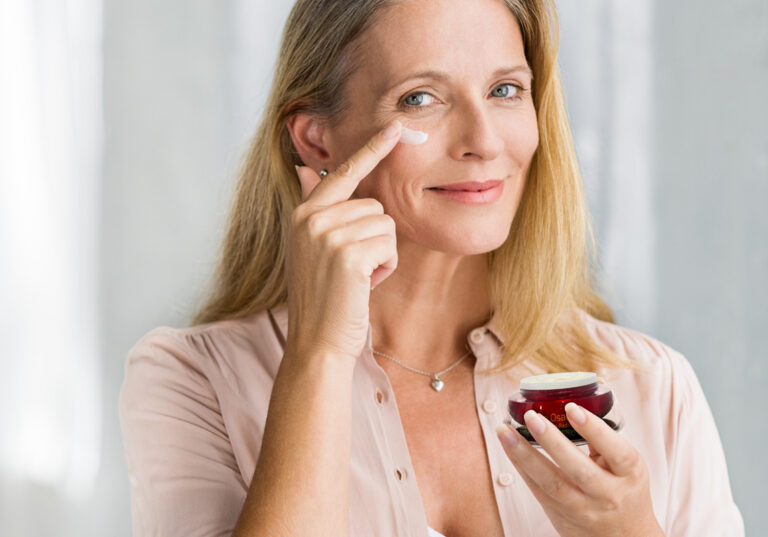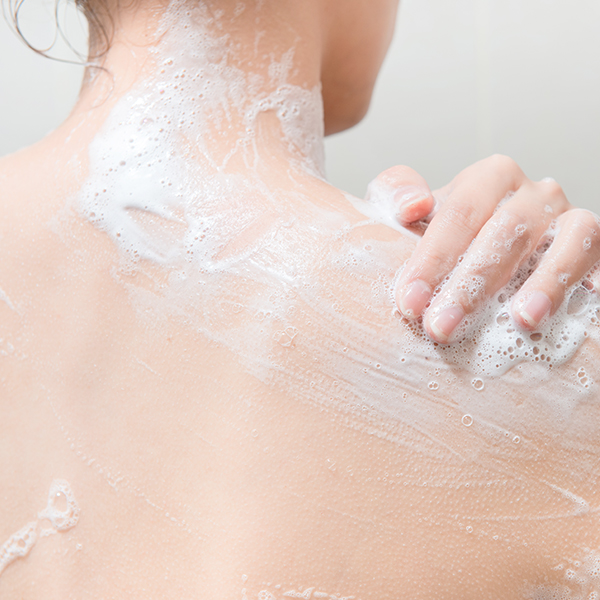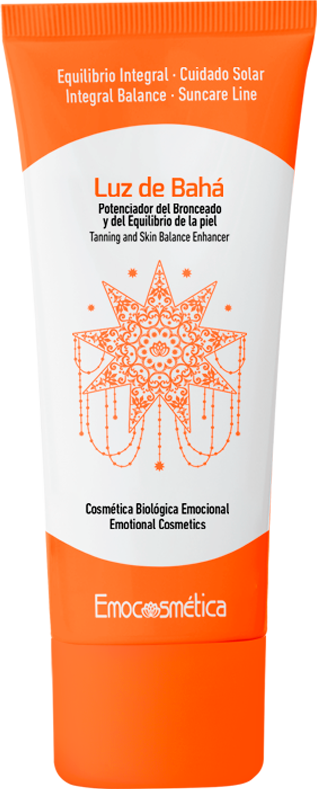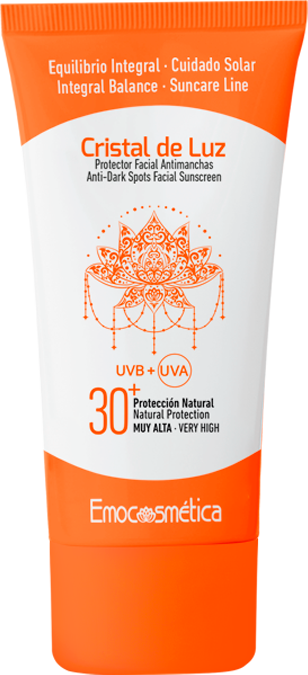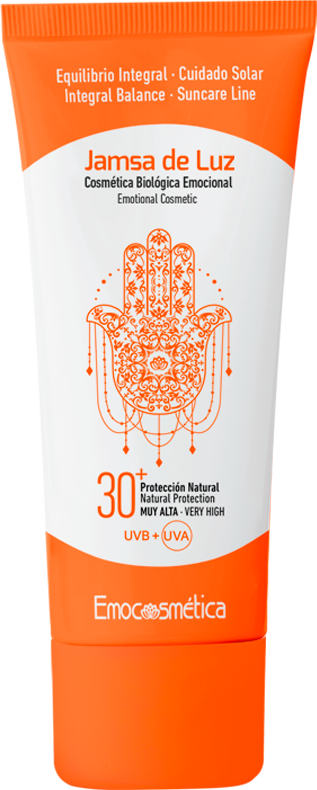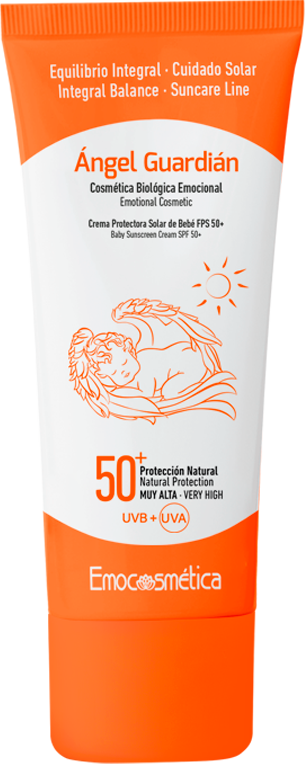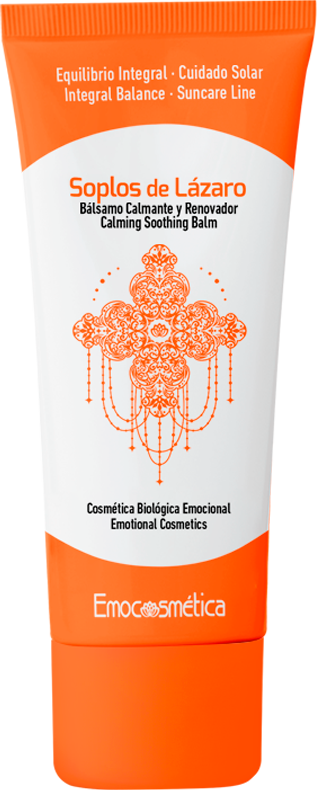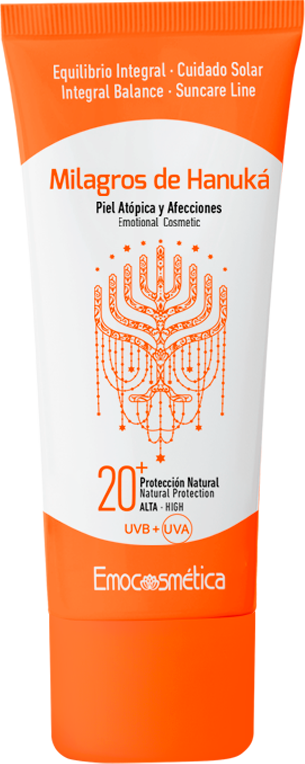
Solar Line
The secret is in Balance and adequate protection against the harmful effects of ultraviolet radiation. We have to protect ourselves from excess to enjoy a day at the beach, in the mountains or in the pool. And in turn, that it nourishes us and gives us the benefits of the Sun.
Let's go step by step
Do you apply sunscreen to all exposed skin every time you go outside? There are a few reasons why this widely extended recommendation is not beneficial. One of these reasons is, in itself, the Sunscreen itself, which should guarantee a minimum quality.
Each year, the Environmental Working Group (EWG) publishes its annual guide to sunscreens and warns that we must choose very well the protection we apply to our skin and how to do it.
Two-thirds of the sunscreens tested did not protect adequately or contained potentially dangerous ingredients: endocrine disruptors, estrogens, and can interfere with the thyroid and other hormonal processes in the body.
Of the more than 1400 protectors that the EWG has analyzed, only 5% of them have complied with safety regulations, and more than 40% have been assessed as potentially responsible for skin cancer.
Some key words to identify them are: oxybenzone, benzophenone, dibenzoylmethane, camphor benzalkonium methosulfate, octocrylene, butyl methoxydibenzoylmethane, drometrizole trisiloxane, ethylhexyl methoxycinnamate, ethylhexyl triaoliniazone, reothtinylthylisone, reothtinylthylisone, reothtinyl triazone.
The safest and healthiest protectors use mineral ingredients based on zinc and titanium, which block rays and that these minerals are not in nanoparticles, so that they do not penetrate the skin.
Avoid sprays because their particles can be breathed in, and protectors in powders or wipes that offer dubious protection and high risk, inhaled, of lung irritation.
Watch out for SPF 50+ or higher. It is not that they are harmful, but that they provide a false sense of security, inviting us to stay in the sun for longer than we should.
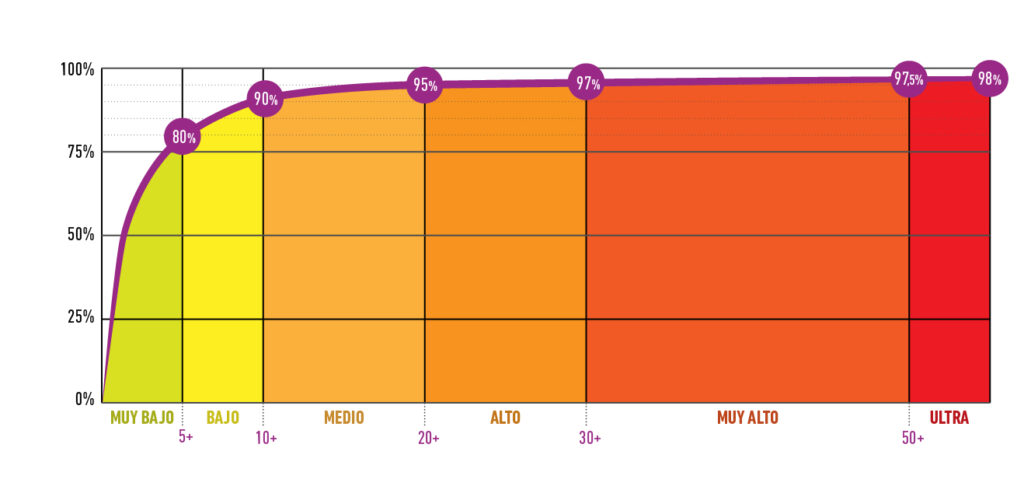
Only When Necessary
If you work outdoors, you are going to go to the beach or you need to protect sensitive areas, without a doubt, it is advisable to use a sunscreen.
But if you apply protection every time you go outside, you will block the body's ability to produce Vitamin D. Beware of misinformation. By avoiding one type of cancer, you could be increasing your risk of up to 16 different types of cancer, including cancer of the pancreas, lung, ovaries, breast, prostate, or colon.
Not to mention that the sun's rays provide more benefits, apart from stimulating the production of vitamin D, among which are the reduction of the risk of heart attacks and strokes, it is anti-infective and antibiotic, it improves mood, it reduces affective problems, helps us to rest better, ...
For the past 40 years, dermatologists have promoted the idea that you should never be in direct sunlight, as it damages the skin and causes cancer. Unfortunately, the entire approach of most dermatologists is to prevent skin damage, which means ignoring the other benefits of sun exposure.
Naturally, sun exposure has pros and cons, and both parts really need to be used in Balance. The message of avoiding the Sun altogether can be very wrong. Current knowledge about the sun, how it affects our immune system and vitamin D makes us reconsider the recommendation to avoid the sun completely.
But exposing yourself to the sun, continuously, beyond a controlled sunbath, will not increase your production of Vitamin D and can cause the already known damages.
Protecting the face will help us to maintain it with better quality; since UVA rays are prone to causing wrinkles and other types of skin damage. The face is the most important cosmetic element of the body and is a relatively small surface, so protecting it while exposing large portions of your body will not make a big difference in relation to the levels of vitamin D production. Wearing a hat or cap it is a well-known solution in all cultures of the world.
Emocosmetics Recommends
For a healthy person, where your doctor has not recommended otherwise, the ideal is to use a Tan Enhancer, to promote the production of Vitamin D.
Taking into account the type of skin, apply a sun bath, exposing at least 40% of the body. This sun bath should not exceed 5-10 minutes a day. The ideal is sunbathing, both in winter and summer
Once done, our recommendation is that, even if you cover yourself with clothes, a hat or under an umbrella, use a good safe sunscreen. And renew the application after each bath or prolonged time of exposure to the sun.
Wearing a hat will not only protect us from sunstrokes, but will also prevent premature aging of the skin on the face.
Once at home, use a Soothing and Renewing Balm to rehydrate and nourish the skin.
And a very useful recommendation to avoid sun damage to the skin is to eat a healthy diet, loaded with natural antioxidants. Fresh fruits and vegetables rich in antioxidants and foods rich in omega-6 and omega-3 fatty acids, as they are the first line of defense against sunburn.
